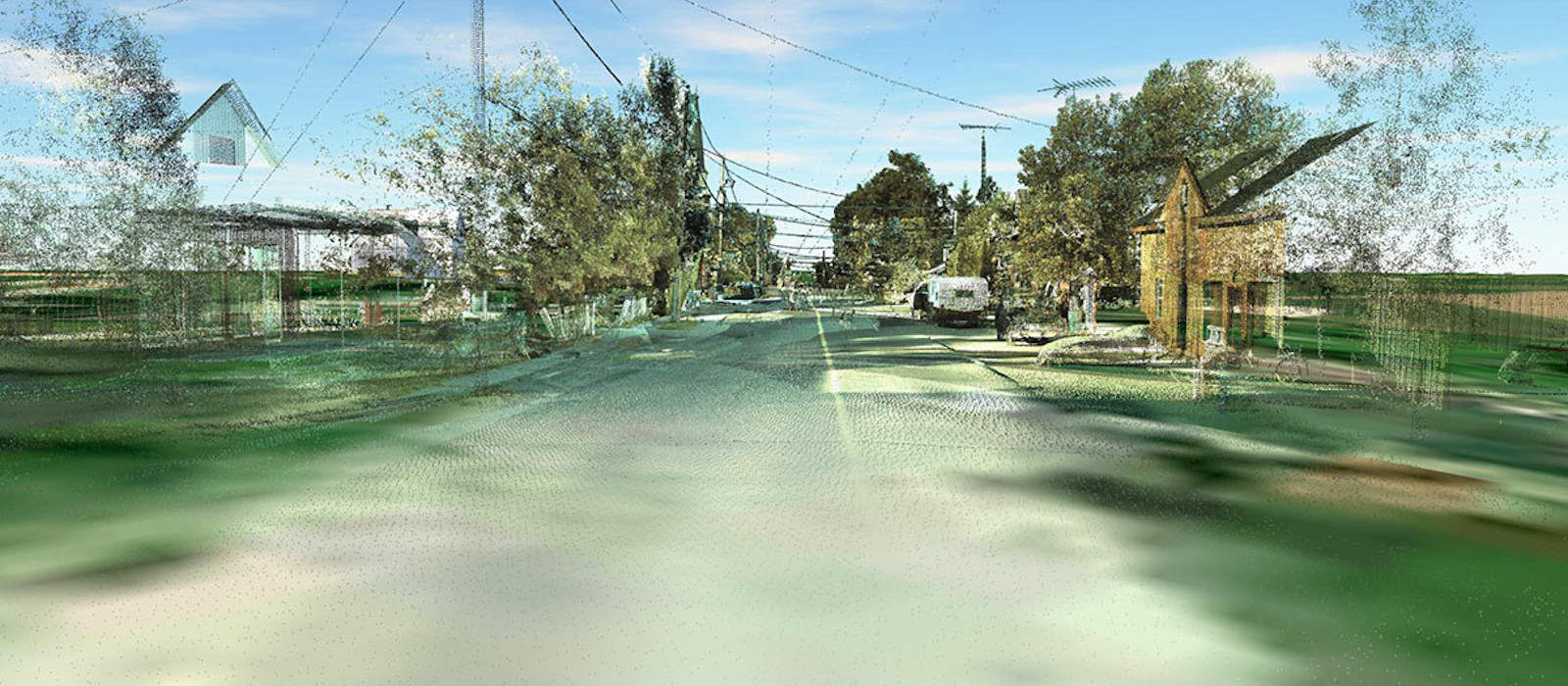The HCI Master’s Program
The Master of Human-Computer Interaction (HCI) degree is open to students from various disciplinary backgrounds in the human, technological, or engineering sciences. It offers students an opportunity to explore their native discipline in more depth while also gaining insight into the language and constraints under which specialists in other disciplines in the HCI field work. The degree prepares all students for direct entry into a career in HCI, bringing cross-disciplinary skills in quantitative and qualitative laboratory and field research that industry and governments increasingly seek. While no Ph.D. program is offered specifically in HCI at Carleton, students who wish to continue their studies beyond a Master’s degree may apply to a Ph.D. program of any discipline appropriate to their overall qualifications.
The HCI program is a two-year full-time degree, although part-time studies may be considered in some cases. It is expected that students will complete the coursework in the first year of studies and the thesis in the second year. All students take the following three courses in the first year: Fundamentals of HCI design and evaluation, Software and user interface development, and Emerging interaction techniques. The HCI discipline aims to ensure that interactive computer systems make sense to people by delivering the information they need in the proper format and the proper modality (speech, text, graphics, animation) at the right time.
We recognize that many students interested in HCI have knowledge from multiple areas. That is also true of the faculty members, so professors from any academic unit can supervise any theses for any student in the program. The norm is for students to work with their thesis supervisors to choose a thesis topic that utilizes their backgrounds and allows the development of skills in other areas.
A full list of contributing faculty and the Schools or Departments they represent is provided here.
